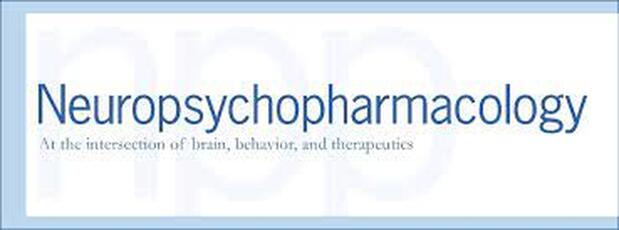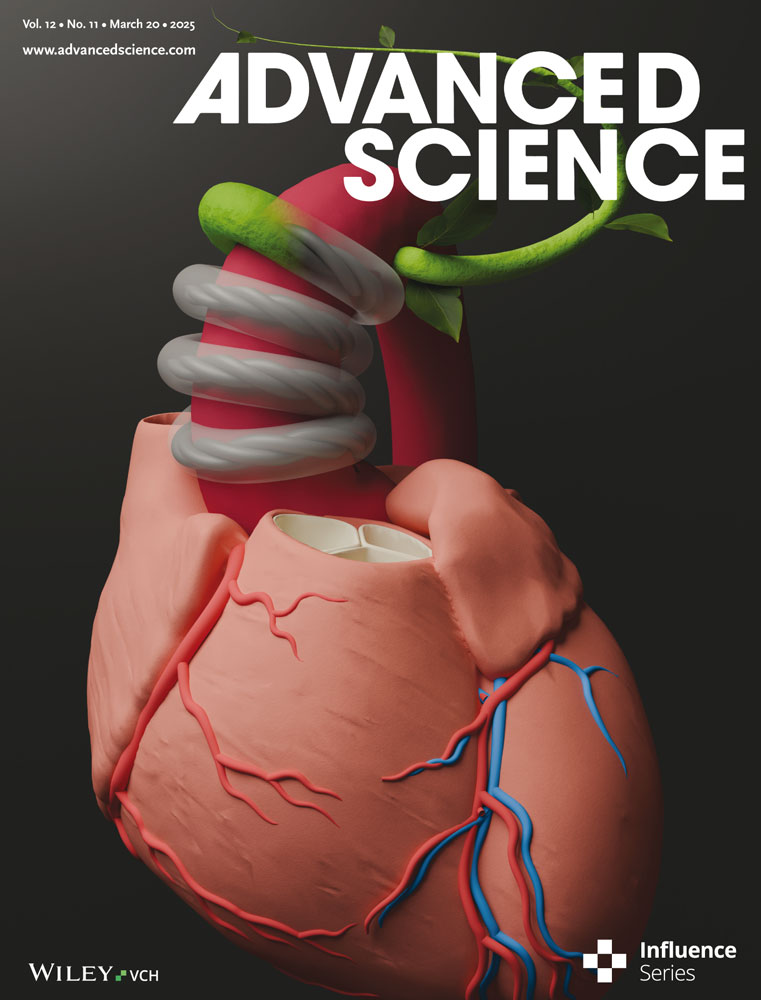Paradigm shift: Mood Disorders are not just brain disorders, they are multi-System Disorders6/21/2025
[Microglia are the innate immune cells of the brain & central Nervous system]
"The immune-KYN-neuroendocrine interaction"
|
Translational Medicine FridayWe're riffing off NPR's Science Friday to create Translational Medicine Friday. Archives
July 2025
Categories |
































 RSS Feed
RSS Feed